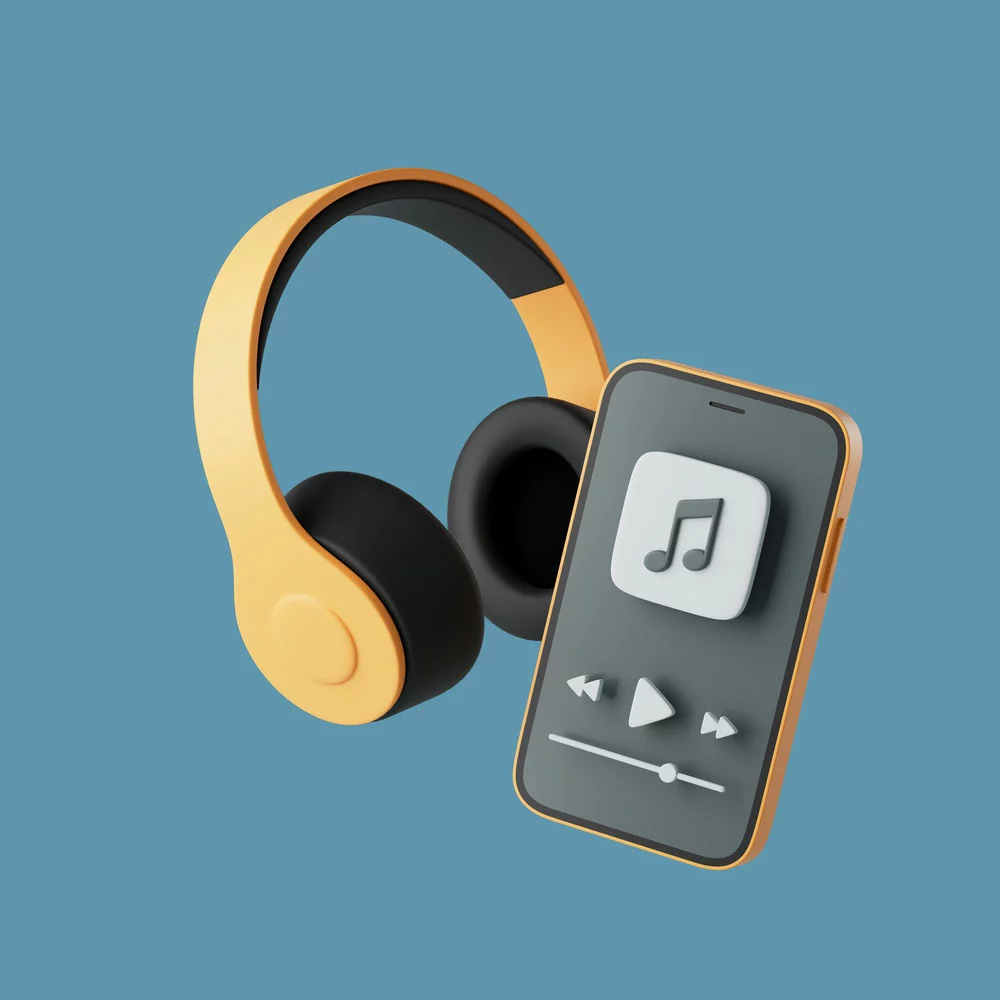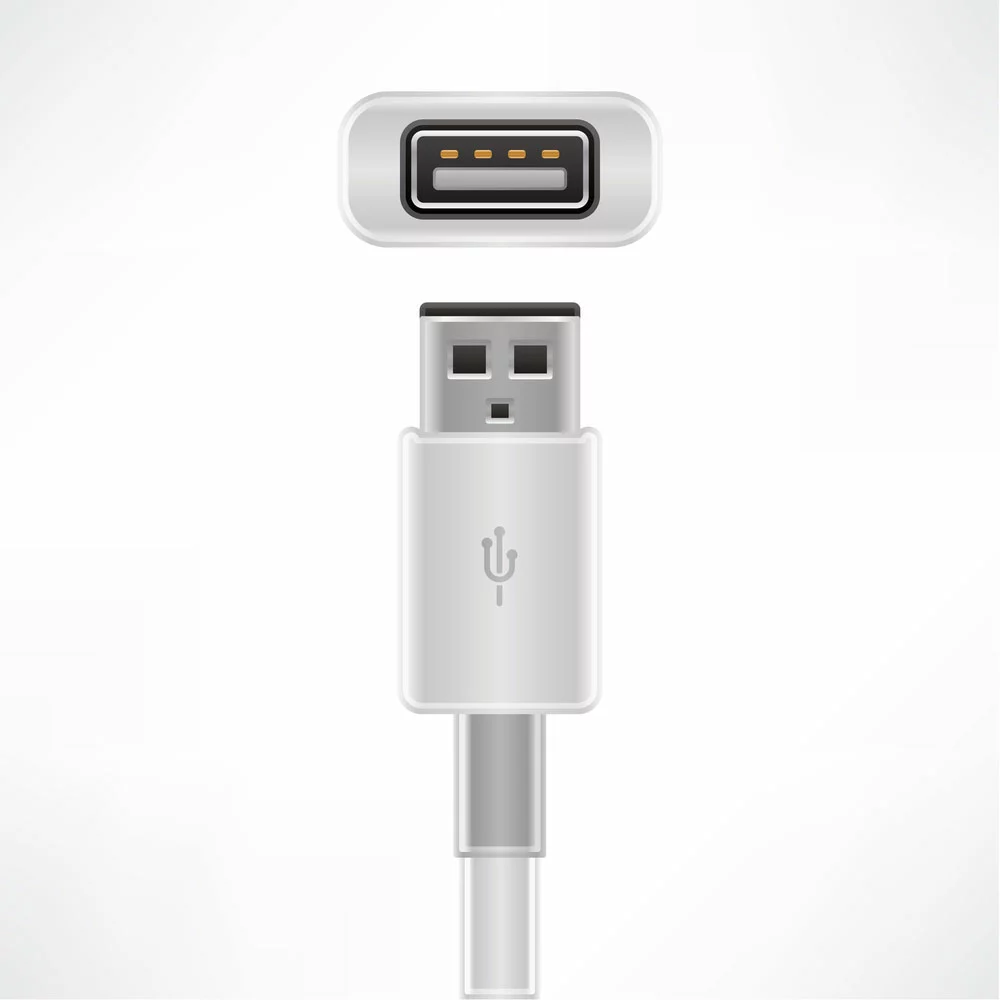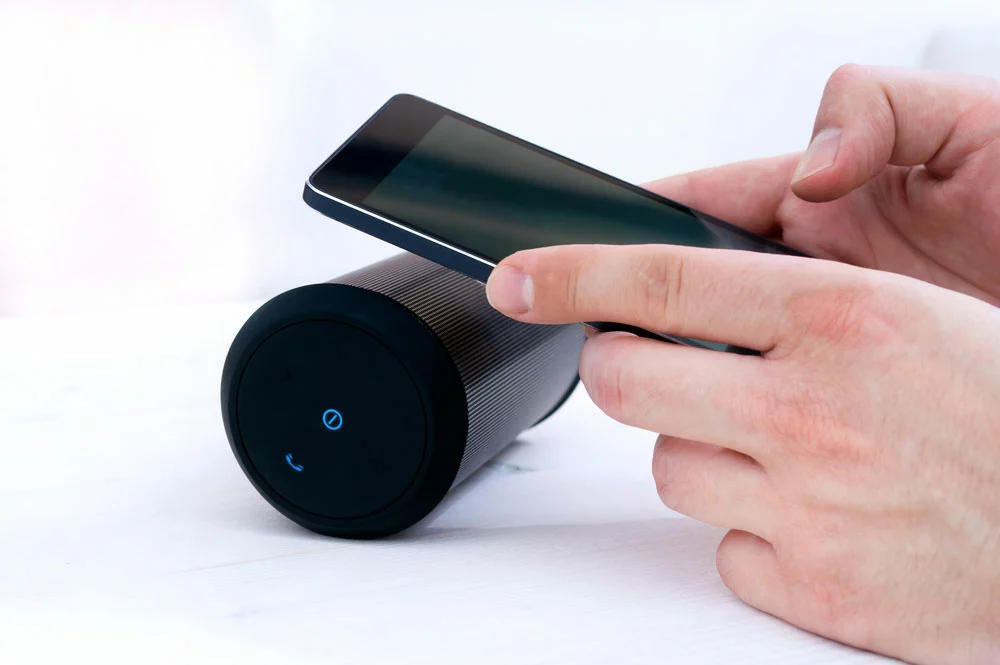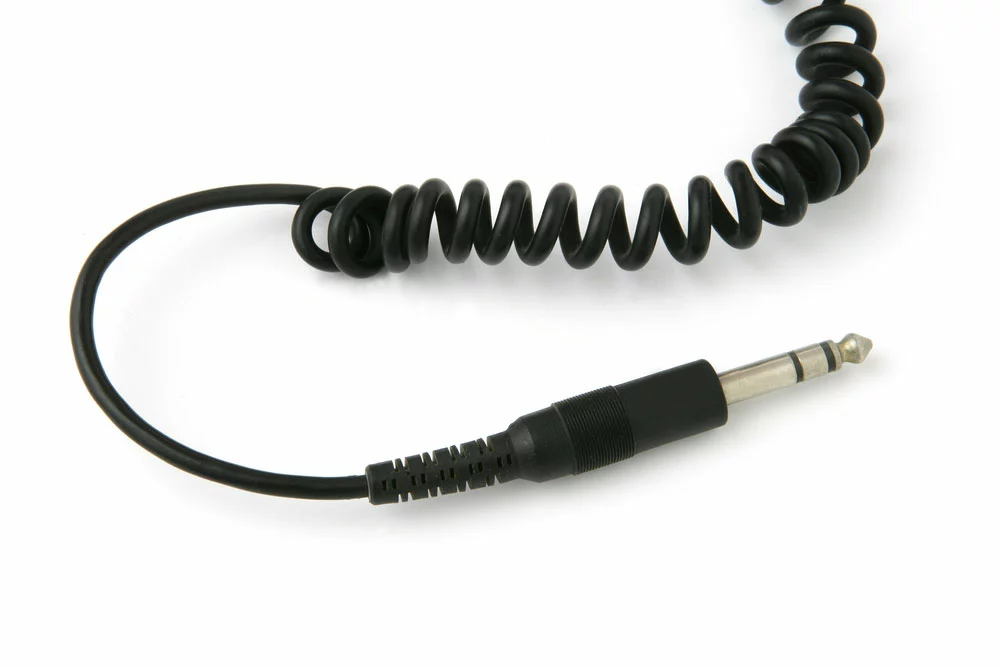Since Bluetooth’s invention, wireless technology has been an integral part of our everyday lives. However, wired stereo systems are still not obsolete. Some audiophiles believe wired systems have better sound quality than wireless ones. Which one is better, Bluetooth vs. aux?
Table of Contents
Wireless audio connections
Wireless connections stay a little behind their wired counterparts regarding audio quality. However, wireless connections offer more convenience and compatibility with various devices. Two types of wireless audio connections include:
Bluetooth
In the last 10 years, most speakers, headphones, and phones have come with this fantastic wireless audio connection called Bluetooth. The reason behind its popularity is that it is pretty easy to pair two Bluetooth devices, and once done, you only need to bring two devices together to start streaming audio between them.
Initially, Bluetooth technology replaced the RS 232 compliant serial port, which helped connect printers, mice, or other peripherals before USB came. It is an established technology, and you can easily find devices that fit into your Bluetooth-based audio ecosystem.
However, the only weakness is the audio quality through Bluetooth devices. For wireless audio streaming, it is essential to compress the audio signals to deliver them without delay and stutter, and then your Bluetooth system decompresses this data. As a result, you may have to compromise on sound quality.
Wi-fi
Another option for wireless audio transfer is wi-fi which came as a substitute for Bluetooth. Wi-fi is much better than Bluetooth as it can transfer large amounts of data without compromising data quality and move data between devices instantly.
There are several technologies in this group. One is Apple’s airplay and Miracast standard, which streams audio directly between devices. Another one is Google’s Chromecast and Spotify, which overcome the limitations of the previous as they stream data directly through the internet. Google Chromecast collects data from the apps that Chromecast supports, and Spotify connect takes data from Spotify. This wireless connection manages the commands like which song to play when to stop/pause, or when to move to the next song.
The only drawback is that you must have a net connection to get content. Sitting at your home is not a problem, but in cars or any outdoor location, it is indeed a problem if you don’t have an internet connection.

Caption: wireless audio acoustic speakers
Wired Audio connections
If you prefer a sharp sound quality, wired connections are always better. Few wired audio connections include:
Analog: Aux
You are familiar with the 3.5 mm audio jack on almost all audio systems (exceptions are some latest smartphones). Connecting an aux cable to the aux port available on mp3 players, smartphones, and other audio systems for audio streaming would be best. Once connected, you can get data from apps to your speakers.
Though it is not as automatic and convenient as Bluetooth, it is more reliable. There are very minimal chances of losing the connection again and again in Bluetooth. Once you plug in the cable, you are sure the two devices have a firm physical connection. It does not compress the music; it directly goes to the audio source via cable.
Digital: USB
USB is the best solution that overcomes the demerits of all wired and wireless devices. It transfers clean digital data higher than Bluetooth. You get better and more comprehensive audio. The headache of handling wires is an issue here.
Like Bluetooth, if you use a USB connection, you can get much more than music streaming. You can access your gallery, texts, emails, and calendar in USB-compatible vehicles. Other features depend on the mobile device and the other device you connect with through USB.
The major drawback of a USB connection is that you need a smartphone for this. You can’t use an old mp3 player as you do with aux connections.

Caption: USB cable
Bluetooth vs. Aux: which is better?
Bluetooth and Aux are the most common connection in our life. Every audio connection has merits and demerits and is suitable for a specific purpose.
Bluetooth vs. 3.5mm: sound quality
Due to their end-to-end analog nature on auxiliary devices, the aux devices have high fidelity, offering sound quality similar to the original.
Another important factor in sound quality is audio syncing. In Bluetooth devices, there is extensive work on data translation; thus, there is an obvious delay in transferring data from one device to another. It may go unnoticed while listening to music, but you will see the character’s lips going out of sync when you watch something. On the contrary, aux devices offer instant signals with perfect audio syncing.
Lastly, you must understand that aux audio uses cables that may wear or tear over time. You may get poor sound quality if it is torn/ripped. In Bluetooth, you need not worry about these issues as there are no cables.
In short, when it comes to sound quality, aux cables are better than Bluetooth, but only audiophiles can notice this difference in sound quality.

Caption: man using smartphone apps to connect an audio device
Bluetooth vs. aux: Convenience
You only need to plug in the cable using wired audio connections, and both devices get paired. However, you must do the whole pairing process in wireless connections, which may sometimes become frustrating.
On the contrary, wired cable, though convenient in use, limits the range of motion depending on the cable length. Bluetooth connection offers you freedom of movement. Also, Bluetooth connects multiple devices simultaneously, whereas aux connects only one device at a time.
So, in terms of convenience, Bluetooth is better than the aux.

Caption headphone jack
Bluetooth vs. aux: Compatibility
As Bluetooth is comparatively new, you may need to find compatible devices. On the contrary, you will get an aux input in most phones, laptops, speaker systems, and cars. At the same time, technology is evolving; nowadays, cars and phones are not getting headphone jacks and replacing them with USB ports.
Further, aux cables only manage the audio information; thus, they are not very versatile. On the contrary, Bluetooth can transfer data other than sound, making them suitable for use with a mouse, printer, computer, keyboards, and lighting displays.
People who want to stay with the auxiliary stereo and enjoy Bluetooth versatility can use a Bluetooth receiver that connects with a wired speaker through analog/digital output. With this, they become compatible with Bluetooth devices.
Though aux cables are more compatible with peripheral devices, Bluetooth will soon replace them and become the primary audio streaming source.
Other Factors to Consider When You Choose between Bluetooth and 3.5 mm audio cable
Before you decide to pick wired or wireless audio connections, being a wireless protocol Bluetooth always has a scope for improvement by adding new versions and features. As a result, it gives you new ways to make life easy and convenient. However, aux devices do not give any scope for improvement.
Further, you cannot change a Bluetooth device into an auxiliary device if it does not have a 3.5mm jack. However, you can make your wired headphones compatible with Bluetooth devices with the help of a hi-fi amplifier. In this way, you can also improve the sound quality of your Bluetooth device. Also, you can make hands-free calls and messages, which is impossible with auxiliary cables.
Conclusion
In short, aux has cables, while Bluetooth doesn’t. If you need convenience, there is nothing that can beat wireless devices. However, for compatibility, choose Aux, which always depends on the specific application you require. Further, if you need any help regarding audio cables and assemblies, contact Cloom, and our sound engineers will help you get the most suitable products required for your application.
